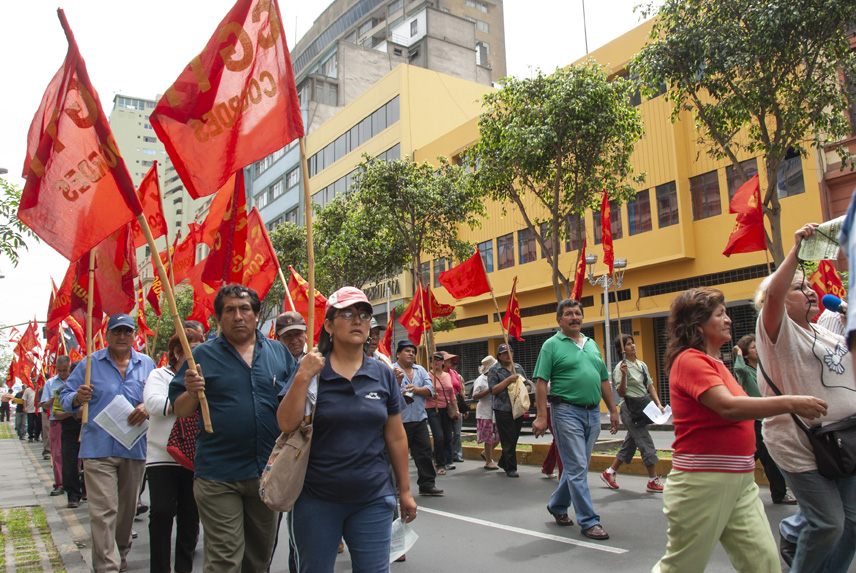
Posted On : Dec 15 2020
Shining Path (Sendero Luminoso, SL): Peru`s Radical Guerrilla Movement
Shining Path, known as Sendero Luminoso in Spanish, is a radical communist guerrilla organization that emerged in Peru in the 1980s.

Founded by Abimael Guzmán, the group has been responsible for significant violence and instability in the country. In this article, we will provide a brief overview of Shining Path, its history, ideology, and impact on Peru.
Shining Path's roots can be traced back to the early 1970s when Abimael Guzmán, a former philosophy professor, began organizing a militant communist movement inspired by Maoism. The group officially adopted the name "Shining Path" in 1980, signaling its intention to establish a communist state through armed struggle.
The primary goal of Shining Path has been to overthrow the Peruvian government and replace it with a communist regime. The group has used a range of tactics, including bombings, assassinations, and ambushes, to wage a brutal insurgency. Their tactics have often targeted government officials, security forces, and civilians, leading to a significant loss of life and instability.
Shining Path's violent campaign has had a profound impact on Peru. The group's activities, especially during the 1980s and 1990s, resulted in widespread fear and suffering, particularly in rural areas where they were active. The Peruvian government responded with a military crackdown, leading to a cycle of violence that lasted for years.
In 1992, Peruvian security forces captured Abimael Guzmán, the founder and leader of Shining Path. His capture marked a significant turning point in the conflict, weakening the group's leadership and organization. However, Shining Path continued to operate in a diminished capacity, carrying out sporadic attacks in subsequent years.
Today, Shining Path is a shadow of its former self. Its leadership has been decimated, and its ability to carry out large-scale attacks has been severely curtailed. However, small factions and remnants of the group still exist in some remote areas of Peru, occasionally engaging in criminal activities such as drug trafficking.
Shining Path (Sendero Luminoso) remains a significant part of Peru's history, characterized by its radical communist ideology and brutal tactics. While the group's influence has waned significantly since its heyday in the 1980s and 1990s, its legacy continues to impact the country. Peru's struggle with Shining Path serves as a stark reminder of the challenges posed by extremist ideologies and armed insurgencies in the pursuit of political change. Efforts to address the root causes of the conflict and promote stability in affected regions remain ongoing priorities for the Peruvian government and society as a whole.
No Comments Added




















